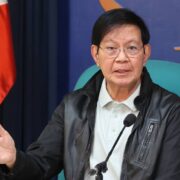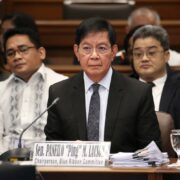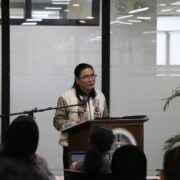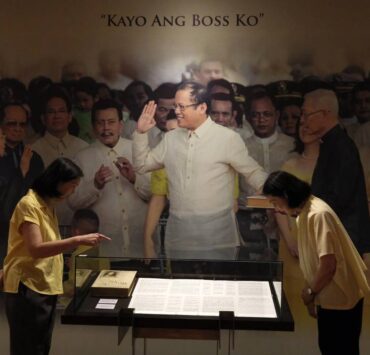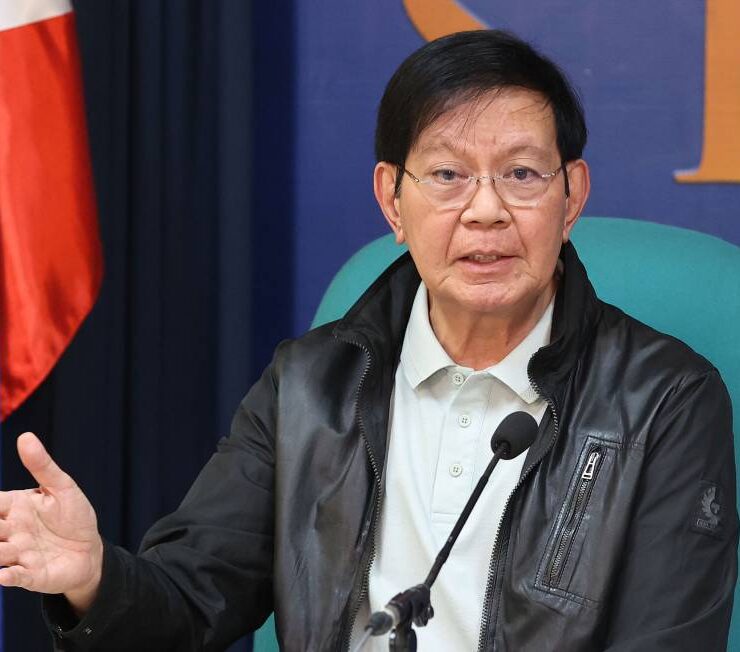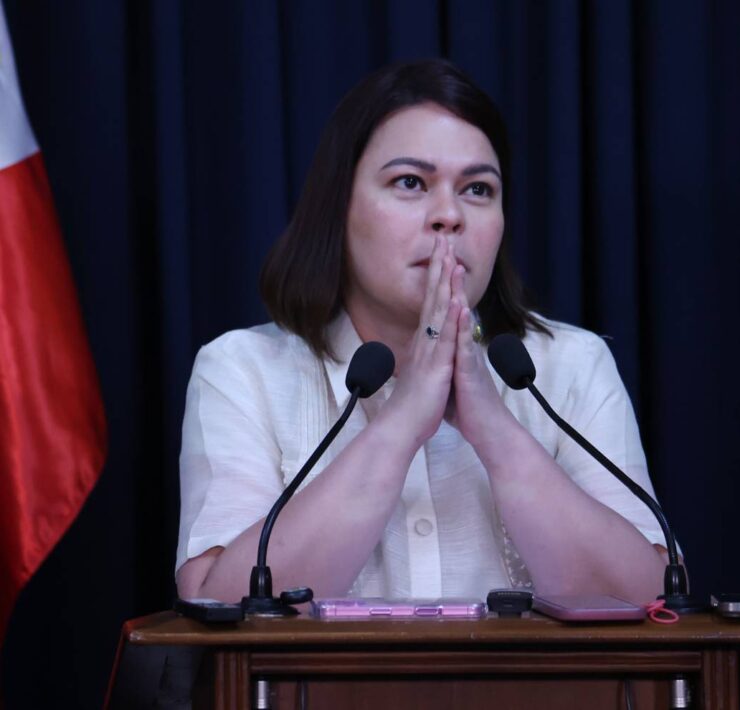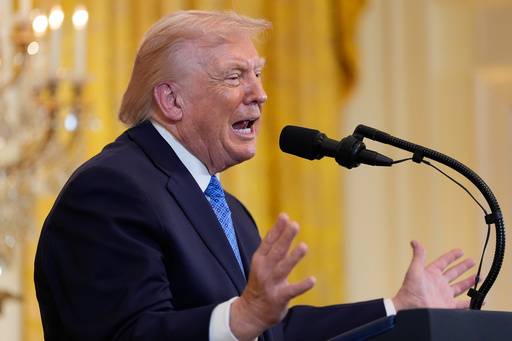Teachers ask Congress to probe ‘ghost students’ in DepEd program
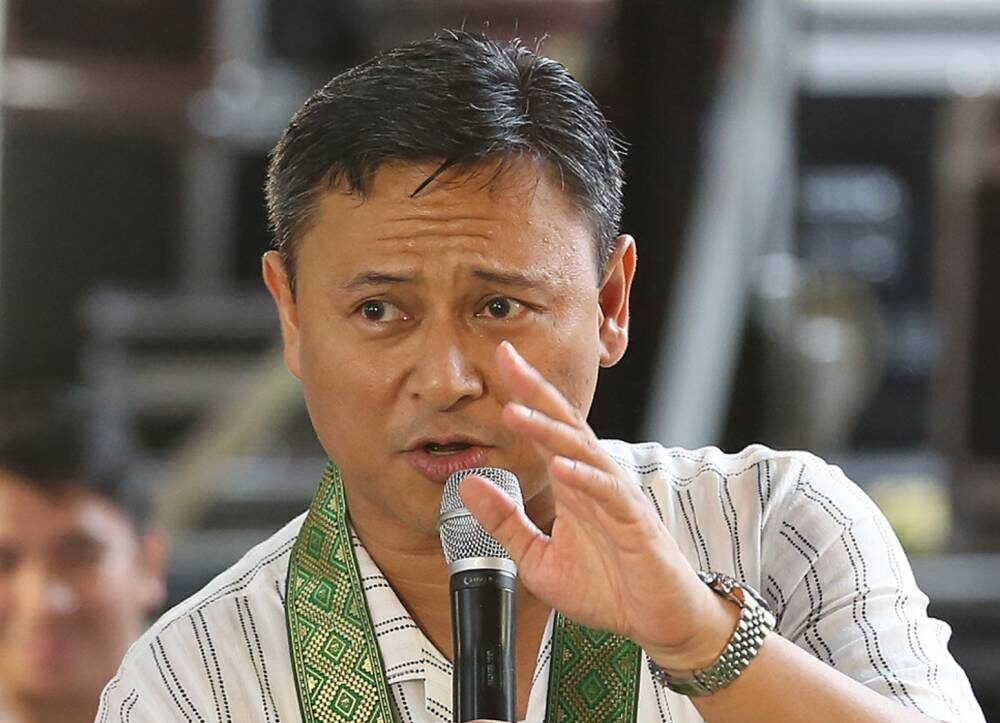
- Who’s behind the alleged “ghost students” scheme uncovered at DepEd? A teachers’ group said Congress should probe the potential fraud behind the P52-M voucher program for nonexistent SHS students.
- The alleged scheme was based on the “questionable claims” made by 12 private schools under the voucher program for SHS students who were found to be nonexistent.
- According to the Teachers’ Dignity Coalition, “the fact that this malpractice has persisted for nearly a decade raises serious concerns about the oversight mechanisms governing the program.”
Congress should launch an investigation into the alleged “ghost students” under the senior high school (SHS) voucher program of the Department of Education (DepEd) to catch those who hatched the scheme, a teachers’ group said on Monday.
The Teachers’ Dignity Coalition (TDC) also backed the initiative of the DepEd to crack down on individuals who “manipulate the system for their personal gains.”
Education Secretary Sonny Angara himself disclosed that the alleged scheme was based on the “questionable claims” made by 12 private schools under the voucher program for SHS students who were found to be nonexistent.
The “potential defraudment,” as Angara described it, was thwarted after the DepEd stopped the release of P52 million worth of vouchers for school year 2023 to 2024 as a result.
“The discovery of these irregularities underscores the need for stronger transparency and accountability measures in the implementation of this government-funded support system,” TDC chair Benjo Basas said in a statement.
But going after the culprits alone may not be enough, at least for TDC, as Basas also called on Congress to start a “comprehensive investigation” into the alleged existence of ghost students.
This is to ensure that the masterminds behind the supposed scheme would be held accountable “and that necessary policy reforms are enacted to prevent similar abuses in the future,” he said.
“The fact that this malpractice has persisted for nearly a decade raises serious concerns about the oversight mechanisms governing the program,” Basas added.
“Immediate corrective actions must be taken to protect public funds and guarantee that every cent allocated to education genuinely benefits deserving students,” he said.




